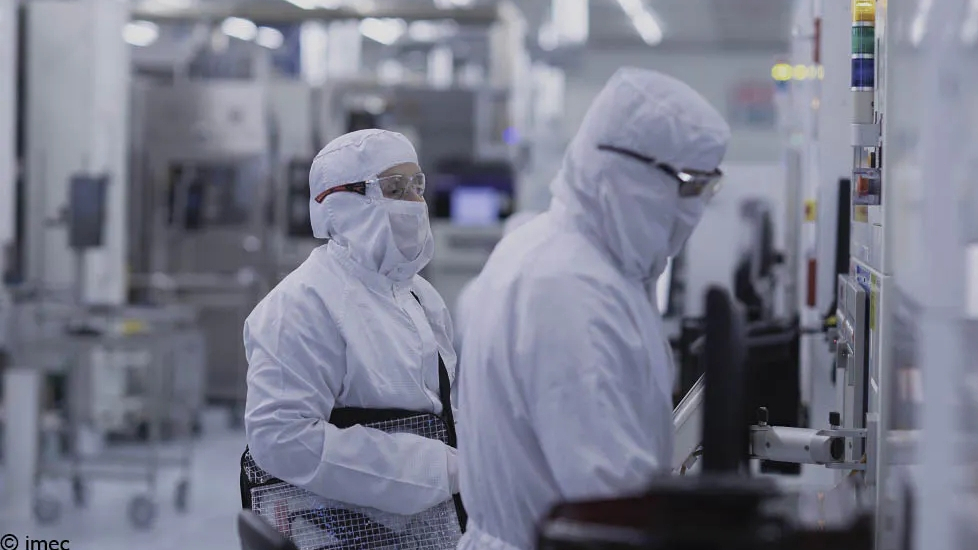At its Future Summits 2022 conference series on May 17 and 18 in Antwerp as part of the Imec Technology Forum Belgium, the Belgian research institute Imec also intensified its industry-wide SSTS research program, which aims to reduce theamount of CO2 in semiconductor manufacturing. In the SSTS (Sustainable Semiconductor Technologies and Systems) program, major users such as Apple and Microsoft and suppliers such as ASM, Kurita, Screen and Tokyo Electron have committed themselves to contributing to this ecological initiative. The SSTS program was launched by Imec last year. The new partners intensify the impact of the initiative in terms of environmental protection.
The global semiconductor industry is investing significant amounts in expanding its manufacturing capacity to meet the surge in chip demand. Semiconductor production has a high energy demand, requires large amounts of water and other raw materials and generates a range of toxic waste materials. To tackle this problem, Imec says the entire supply chain should be involved. IDMs, fabless manufacturers and foundries are already investing in decarbonizing their products and supply chains to become carbon neutral by 2030 or 2040. However, they do not have the necessary process knowledge to develop environmentally friendly manufacturing processes because the data basis for an accurate lifecycle analysis is too narrow.
Imec is addressing this problem with its SSTS program and aims to involve the entire industry on the path to environmentally friendly chip production. The entire production and supply chain is to be addressed in order to create an ecosystem based on partnership. This includes process technology, including production machinery and industrial infrastructure. In the long term, it should also lead to changes in the current technology definitions and the materials used. Apple was the first partner to join the SSTS program last year.
"Today, there is still a data gap regarding the environmental impact of manufacturing advanced IC technologies," says Lars-Åke Ragnarsson, SSTS Program Director at Imec. "That's why we are investigating their environmental impact first, so that we can make reliable decisions when we move on to the next generations of technology." The material and tool suppliers are considered key in the plans for the first phase of the program. This would provide greener processes and tools to solve the major problems of these future technologies. "We are also talking to the foundries to verify the research results and set benchmarks." In this way, Ragnarsson explains, the SSTS program can achieve its maximum effect.


